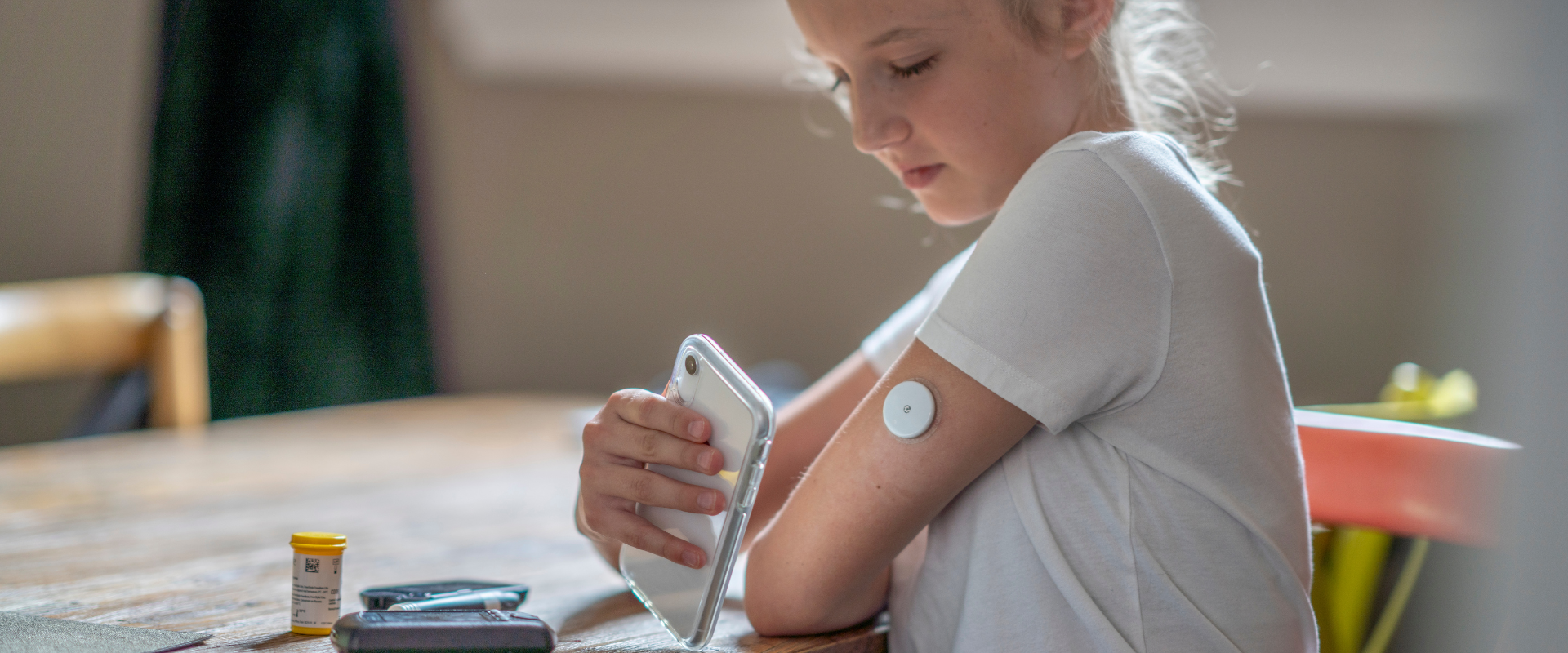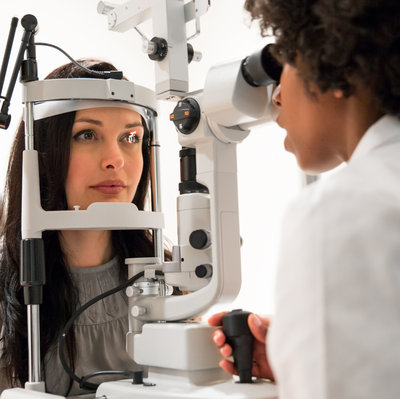From urmc.rochester.edu
Barbie is sparking conversation again—this time with a doll wearing an insulin pump, to reflect real kids and adults living with Type 1 diabetes. It’s a powerful reminder that, even though more than 30 million Americans have diabetes, there’s still a lot of confusion about what the condition really means.
People still ask questions like:
UR Medicine endocrinologist Dr. Susanne Miedlich and Golisano Children’s Hospital endocrinologist Dr. Britta Svoren helps clear up these common misconceptions and explains how to stay healthy—no matter your diagnosis.
What’s the Difference Between Type 1 and Type 2 Diabetes?
Though both conditions affect how your body processes sugar (called glucose), the causes are different.
Type 1 Diabetes
Type 1 diabetes is an autoimmune disease in which your immune system attacks the cells in your pancreas that make insulin. Usually, it’s diagnosed in children, teens, or young adults. People with type 1 diabetes must take insulin every day. Other key facts:
Type 2 Diabetes
Type 2 diabetes is more common, making up for 90-95% of diabetes cases, and happens when the body can't use insulin well or doesn't make enough. It is often diagnosed later in life, but can be diagnosed in children and teens as well. Other key facts:

Can Type 2 diabetes turn into Type 1?
Not exactly. The two types have different causes. But Type 2 can sometimes require treatment with insulin, which may look similar to Type 1 care, but they remain different diseases.
Is diabetes caused by eating sugar?
Eating sugar doesn’t cause diabetes, but too much sugar (and therefore calories) over time can contribute to weight gain, which may raise the risk of Type 2 diabetes. Diabetes is about how the body makes or uses insulin, a hormone that helps move sugar from the blood into your body’s cells for energy.
Can Type 1 diabetes be reversed?
Type 1 diabetes can’t be reversed or cured, but it can be managed with the right care. If diabetes-specific antibodies are detected early, the start of the condition can be delayed by a new immune therapy.Can Type 2 diabetes be reversed?
In some cases, absolutely! Weight control, a healthy diet, and a healthy lifestyle can lead to normal blood sugar levels even without medication. But “reversed” doesn’t mean “cured.” Most people still need regular monitoring to prevent it from returning.
Dispelling Diabetes Myths
Myth: “People with diabetes can’t enjoy good food.”
Truth: Everyone can eat well—and enjoy it. It’s all about balance. Focus on lean proteins, nuts, whole grains, fruits, and vegetables. Watch portion sizes and limit sugary drinks. Consider working with a registered dietitian to build a plan that works for your body and taste buds.

Myth: “Fruit is always a healthy free-for-all.”
Myth: “You’ll always need insulin shots if you have diabetes.”
Myth: “All people with diabetes eventually go blind or need amputations.”
Truth: Uncontrolled diabetes can cause eye, kidney, and nerve problems. But with proper care and condition management, these problems can be prevented or delayed. What helps:

No comments:
Post a Comment